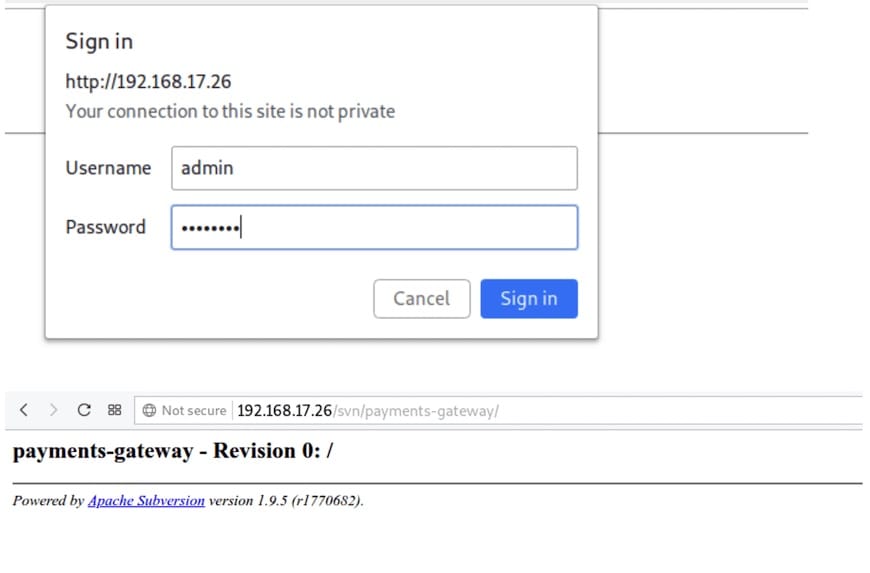
In this tutorial, we will show you how to install Apache Subversion on Debian 11. For those of you who didn’t know, Apache Subversion (SVN) is an open-source version control system built by Apache Foundation Team. SVN is used by Software Developers to maintain historical and current versions of source code, documentation, web pages e.t.c.
This article assumes you have at least basic knowledge of Linux, know how to use the shell, and most importantly, you host your site on your own VPS. The installation is quite simple and assumes you are running in the root account, if not you may need to add ‘sudo‘ to the commands to get root privileges. I will show you the step-by-step installation of the Apache Subversion on a Debian 11 (Bullseye).
Prerequisites
- A server running one of the following operating systems: Debian 10 or Debian 11.
- It’s recommended that you use a fresh OS install to prevent any potential issues.
- A
non-root sudo useror access to theroot user. We recommend acting as anon-root sudo user, however, as you can harm your system if you’re not careful when acting as the root.
Install Apache Subversion on Debian 11 Bullseye
Step 1. Before we install any software, it’s important to make sure your system is up to date by running the following apt commands in the terminal:
sudo apt update sudo apt upgrade
Step 2. Installing Apache Subversion on Debian 11.
By default, SVN is available on Debian 11 base repository. So, now we install the latest stable version of Apache Subversion packages using the following command below:
sudo apt install subversion libapache2-mod-svn libapache2-svn libsvn-dev subversion-tools
After installation, enable required Apache modules and restart the Apache service:
sudo a2enmod dav sudo a2enmod dav_svn sudo service apache2 restart
Step 3. Configure Apache Subversion.
Now we edit the SVN configuration file in sudo mode with the use of the following command:
sudo nano /etc/apache2/mods-enabled/dav_svn.conf
Add the following file:
Alias /svn /var/lib/svn
<Location /svn>
DAV svn
SVNParentPath /var/lib/svn
AuthType Basic
AuthName "Subversion Repository"
AuthUserFile /etc/apache2/dav_svn.passwd
Require valid-user
</Location>
Save and close the file, then restart the Apache service to take effect:
sudo systemctl restart apache2
Step 5. Create SVN Repository.
Now we create a new repository with the name myrepo. Also, set the required permissions on newly created directories: sudo mkdir -p /var/lib/svn/ sudo svnadmin create /var/lib/svn/myrepo sudo chown -R www-data:www-data /var/lib/svn sudo chmod -R 775 /var/lib/svn
Step 6. Create SVN Users.
We specified in the SVN Apache configuration file that user authentication information be saved on /etc/apache2/dav_svn.passwd. Let’s create our admin Subversion user:
sudo htpasswd -cm /etc/apache2/dav_svn.passwd admin
To create additional users, use the following commands:
sudo htpasswd -m /etc/apache2/dav_svn.passwd meilana sudo htpasswd -m /etc/apache2/dav_svn.passwd maria
Step 7. Accessing Repository in Browser.
Once successfully installed, open your web browser and access the SVN using the URL http://your-IP-address.com/svn/myrepo/. You will be redirected to the SVN repository interface page:

Congratulations! You have successfully installed SVN. Thanks for using this tutorial for installing the latest version of the Apache Subversion (SVN) on Debian 11 Bullseye. For additional help or useful information, we recommend you check the official SVN website.